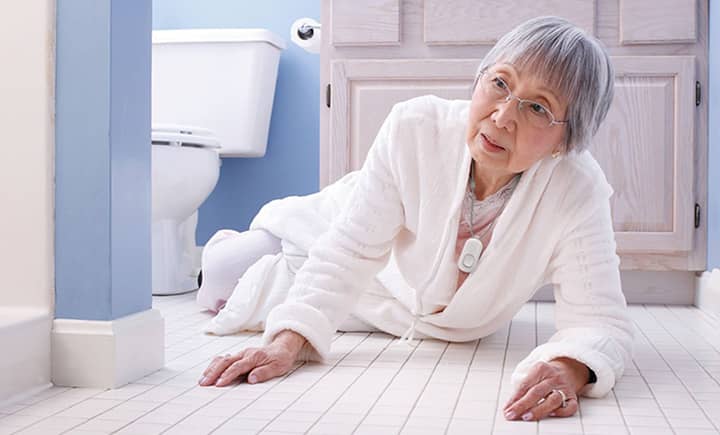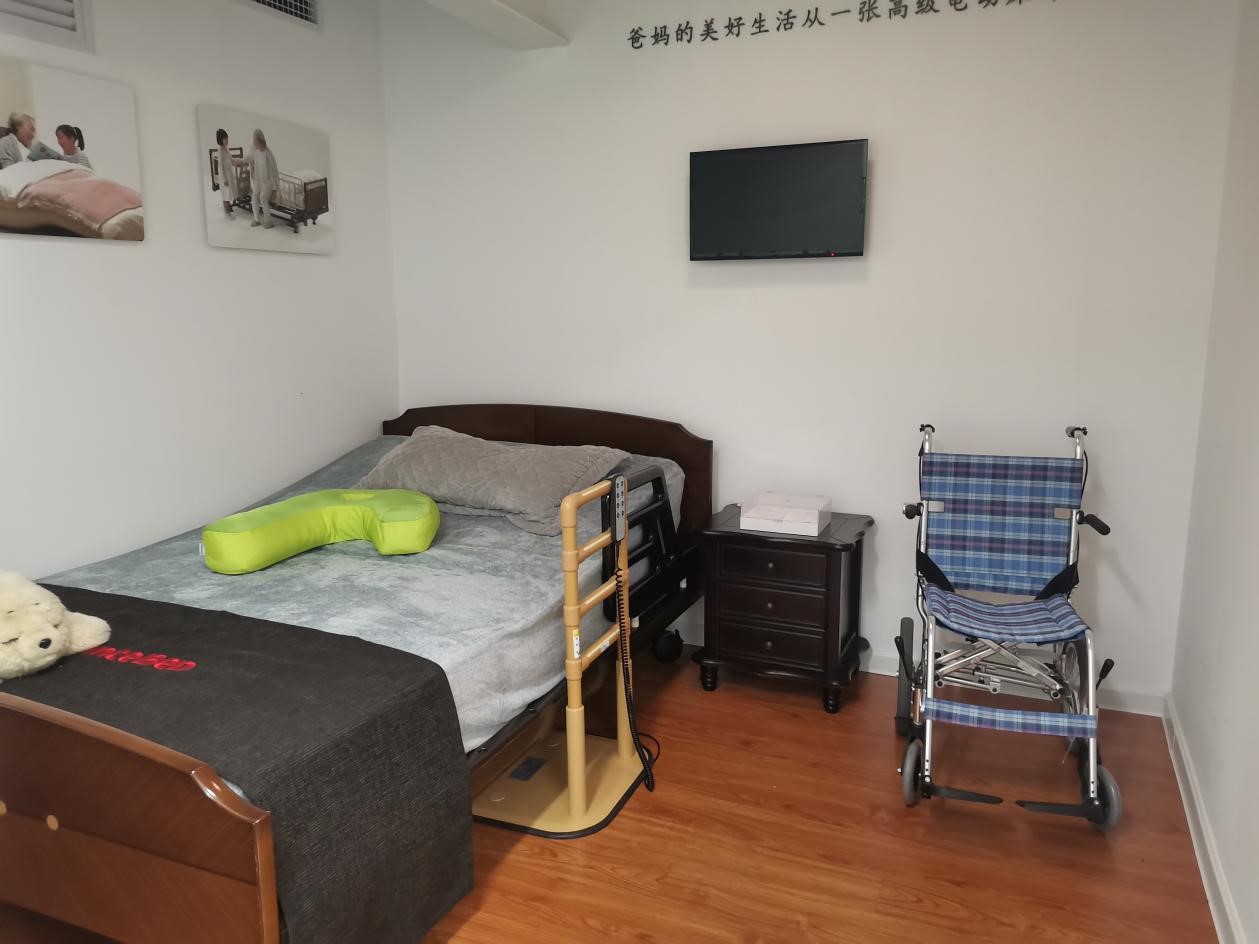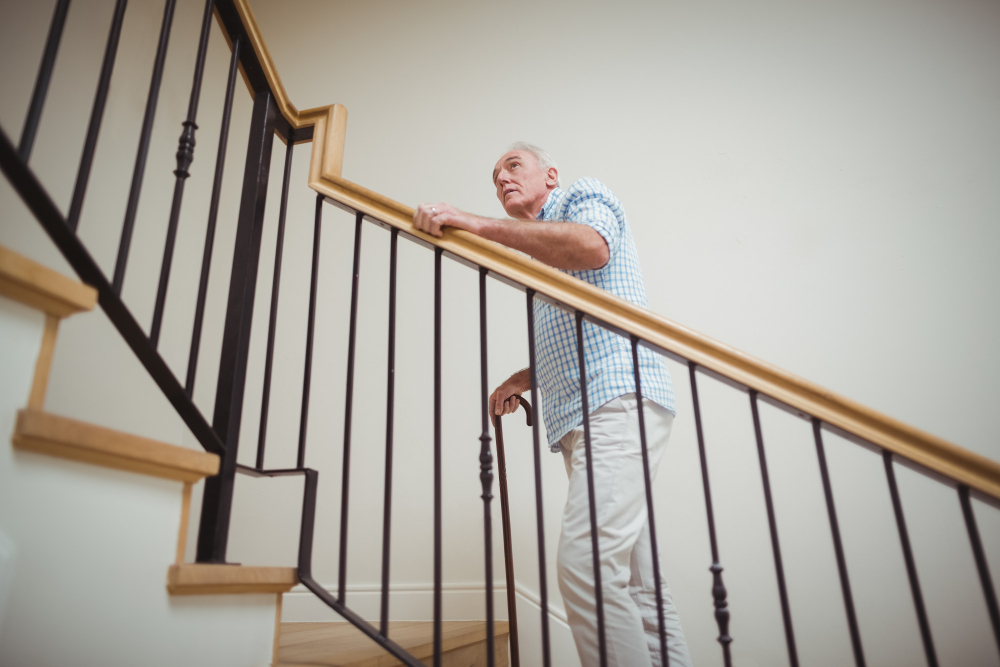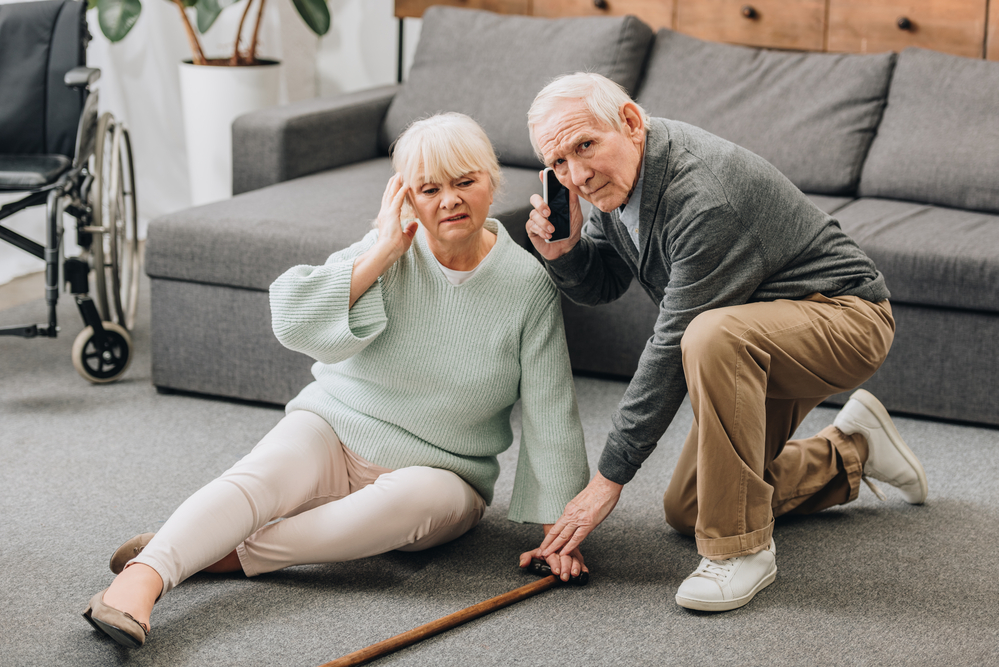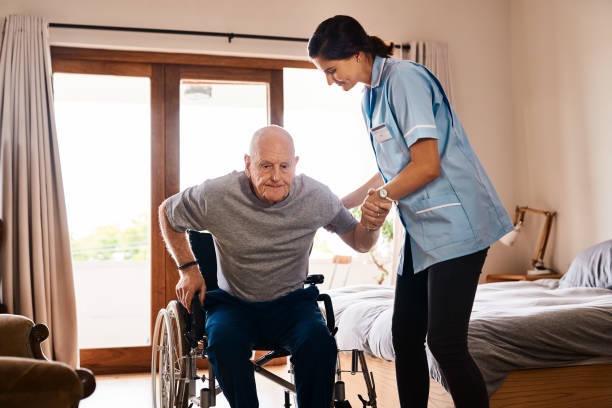Being a caregiver to a loved one can be both a rewarding and challenging experience. The emotional and physical demands of caregiving can lead to significant caregiver stress, especially when coupled with fall worries. Understanding how to manage these challenges is essential for maintaining both the caregiver’s and the care recipient’s well-being.
Caregiver stress can be exacerbated by the constant vigilance required to prevent falls, a common concern among those caring for elderly or mobility-impaired individuals. Falls can lead to serious injuries and have a profound impact on an individual’s quality of life. Therefore, addressing these concerns is critical for caregivers.
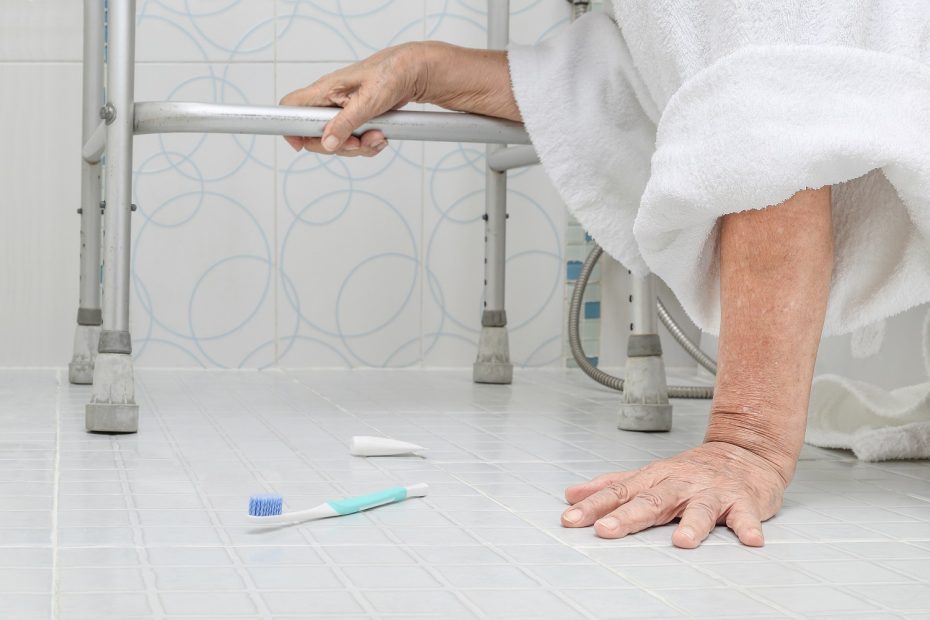
Understanding Caregiver Stress
What is Caregiver Stress?
Caregiver stress is the emotional, physical, and mental strain experienced by those who provide care for others. It can manifest in various forms, including fatigue, anxiety, and depression, affecting both the caregiver’s health and their ability to provide effective care.
Signs of Caregiver Stress
Recognizing the signs of stress is the first step toward managing it. Common symptoms include irritability, difficulty sleeping, changes in appetite, and a feeling of being overwhelmed. Caregivers should be aware of these signs and seek support when needed.
The Impact of Fall Worries on Caregivers
Why Fall Worries Matter
Falls are a significant concern for caregivers, as they can result in severe injuries and a loss of independence for the care recipient. The fear of falls can lead to increased anxiety and stress for caregivers, who may feel the pressure to prevent such incidents at all costs.
Statistical Insights on Falls
According to the [National Institute on Aging](https://www.nia.nih.gov/health/falls-and-falls-prevention/falls-and-fractures-older-adults-causes-and-prevention), one in four older adults falls each year, leading to over three million emergency room visits. These statistics underscore the importance of fall prevention strategies for caregivers.
Strategies for Managing Caregiver Stress
Building a Support Network
Creating a robust support network is crucial for caregivers. This network can include family, friends, and professional support services, providing caregivers with the assistance and respite they need to manage stress effectively.
Utilizing Respite Care
Respite care offers temporary relief for caregivers, allowing them to take a break and recharge. This service is essential in preventing burnout and ensuring caregivers can continue to provide high-quality care.
Fall Prevention Techniques
Home Modifications
Making simple home modifications can significantly reduce fall risks. Installing grab bars, improving lighting, and removing tripping hazards are effective strategies. More information about these modifications can be found in [Home Modifications](https://motions.living/home-modifications-for-fall-prevention/) article.
Technology and Fall Detection
Modern technology offers solutions such as fall detection systems, which can alert caregivers immediately when a fall occurs. These systems provide peace of mind and ensure timely assistance. Learn more about these technologies in our [fall detection guide](https://motions.living/fall-detection-for-seniors-living-alone/).
Caring for the Caregiver
Emotional Self-Care
Practicing emotional self-care is vital for caregivers. This includes activities like meditation, exercise, and pursuing hobbies. Finding time for oneself helps in managing stress better.
Professional Help and Counseling
Seeking professional counseling can provide caregivers with coping strategies and emotional support. It’s important for caregivers to remember that seeking help is a sign of strength, not weakness.
Conclusion
Managing caregiver stress and fall worries requires a multifaceted approach that includes support networks, fall prevention strategies, and self-care practices. By addressing these challenges proactively, caregivers can enhance their own well-being while providing the best possible care for their loved ones.
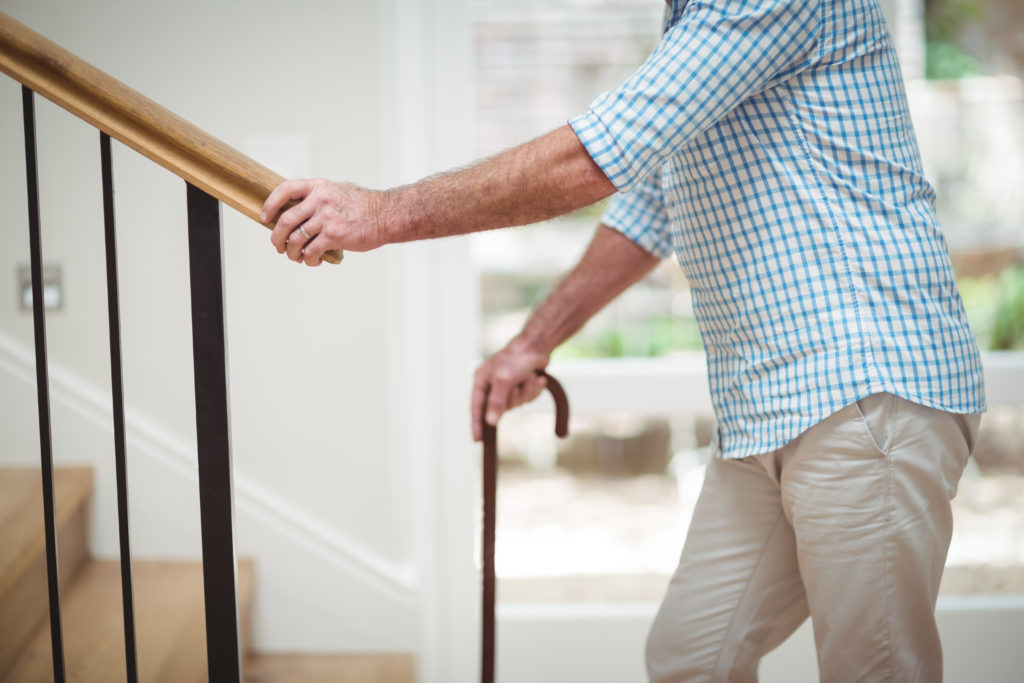
FAQs
What are the common causes of caregiver stress?
Common causes include emotional strain, physical exhaustion, and lack of support. Understanding these causes can help in finding effective solutions.
How can I prevent falls for my elderly parent?
Implementing home safety measures, using fall detection devices, and encouraging regular physical activity can significantly reduce fall risks.
Where can I find more resources on fall prevention?
Resources such as the [American Academy of Orthopaedic Surgeons](https://orthoinfo.aaos.org/en/staying-healthy/Preventing-Falls-Among-the-Elderly/) offer valuable information and guidance on preventing falls among the elderly.
This article contains affiliate links. We may earn a commission at no extra cost to you.

